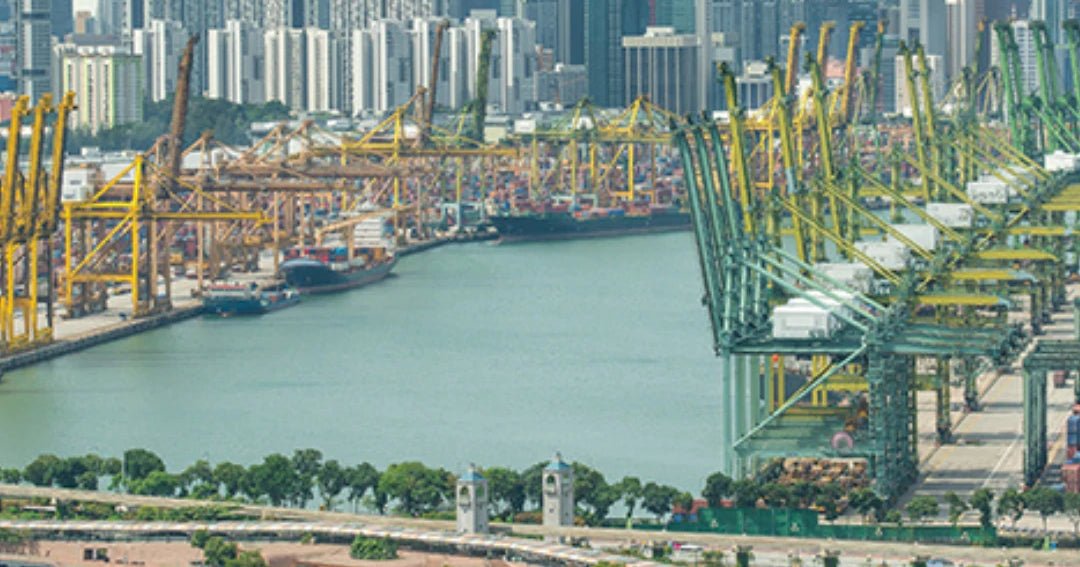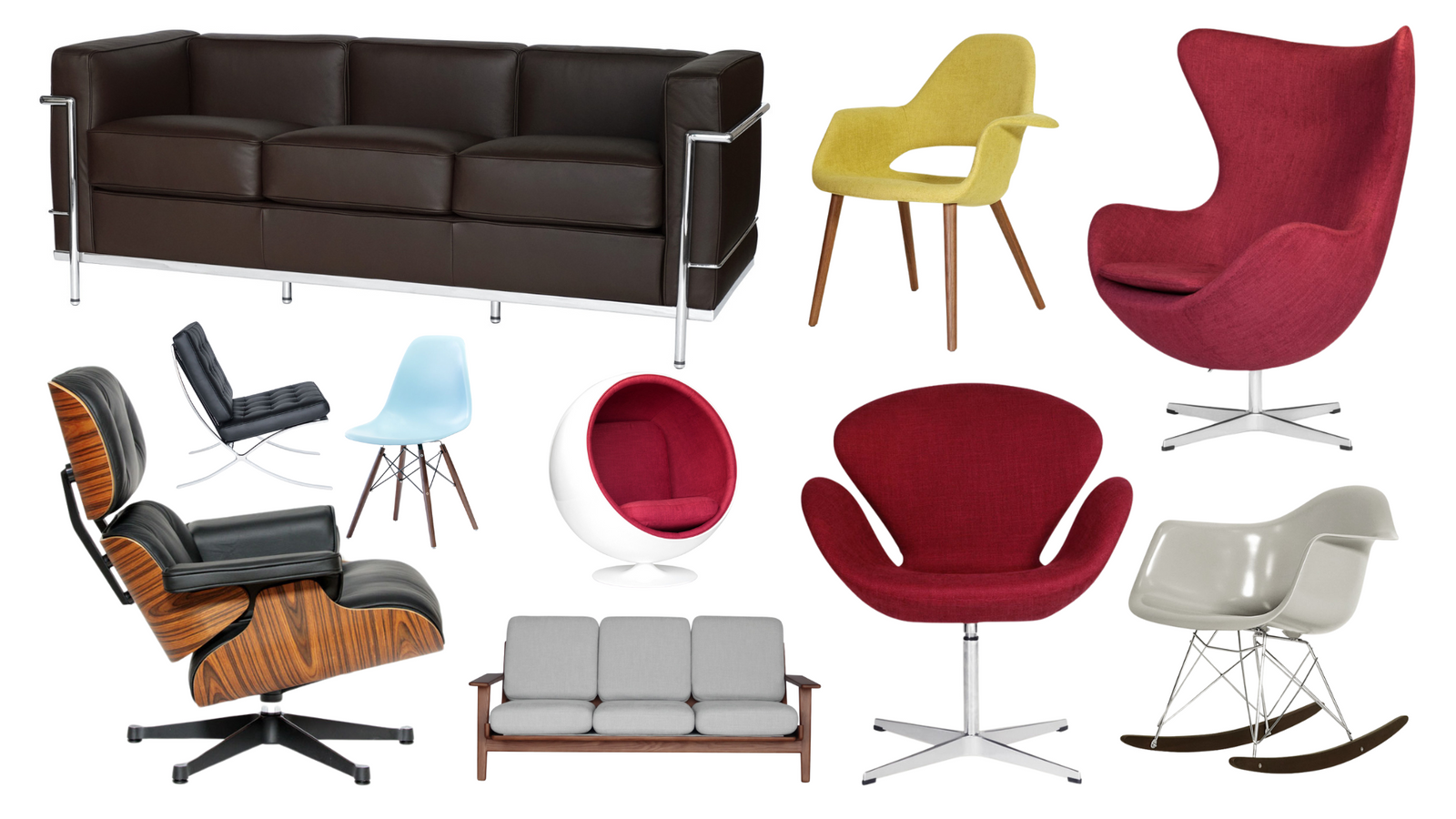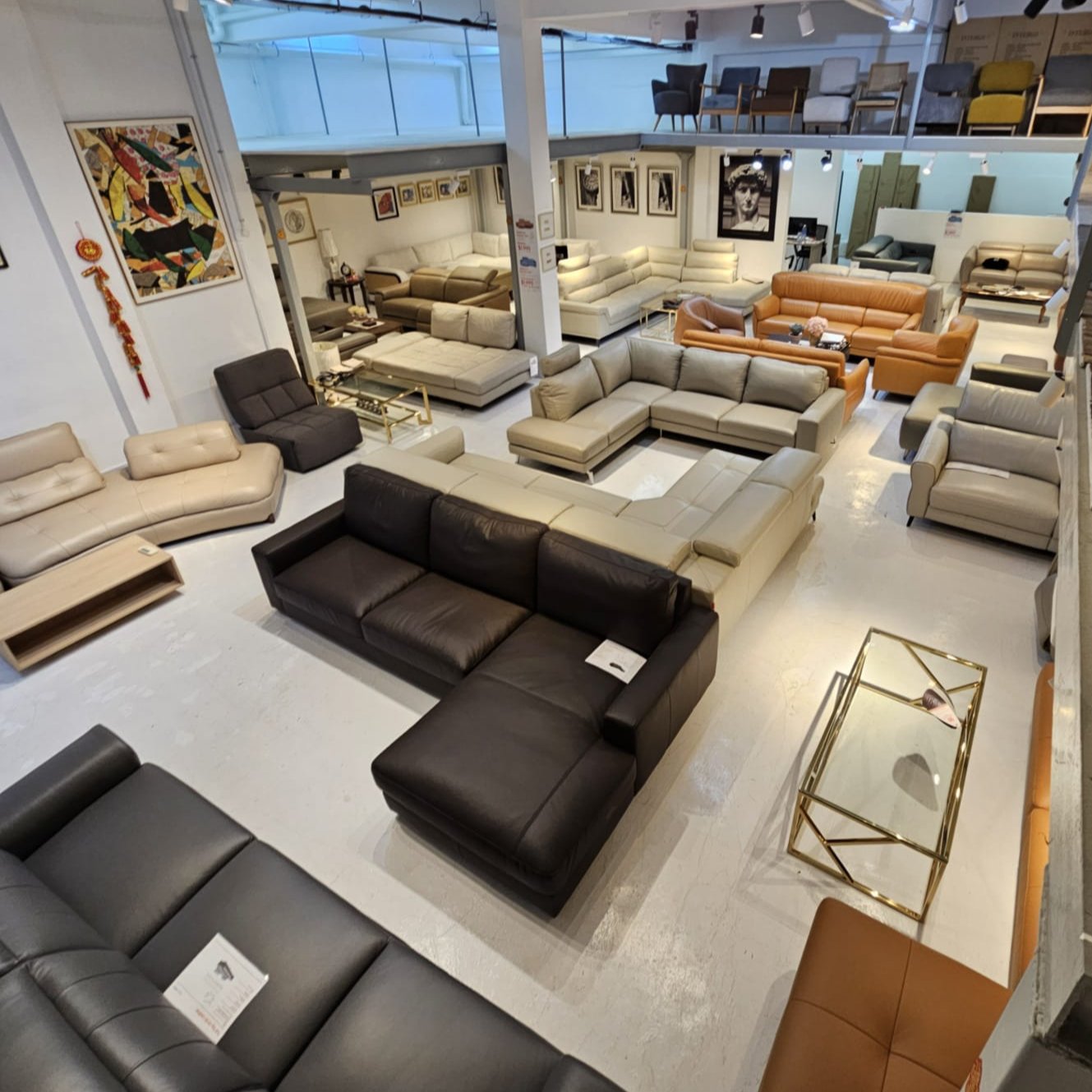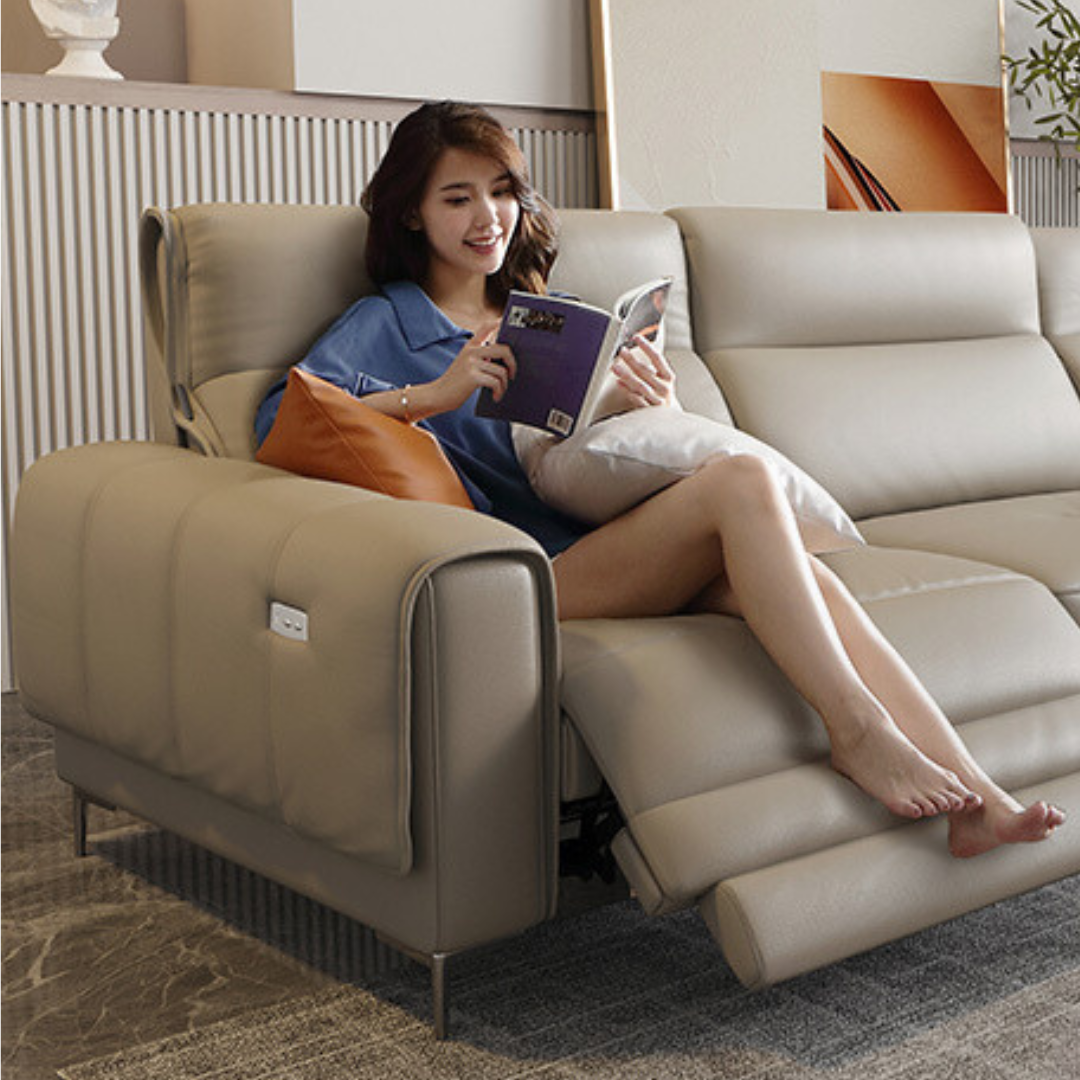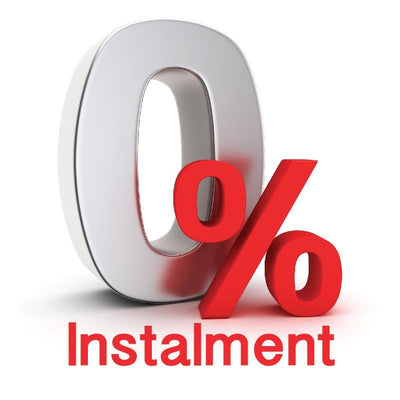LOS ANGELES/LONDON (Reuters) 26 March 2021 - A surge in demand for furniture, exercise equipment and other goods for shoppers sheltering at home in a worsening COVID-19 pandemic has upended normal trade flows.
That has stranded empty cargo containers in the wrong places, spawning bottlenecks that now stretch from factories to seaports. Container ship operators ferry the majority of consumer goods, and transportation and trade sources warn that prolonged industry disruption could cause shortages and complicate the global economic recovery.
Shipping companies routed empty containers to the top priority U.S.-China trade lane. Those logistical snags cascaded and now remaining shipments from China - the world’s No. 1 manufacturer – are postponed by as much as three weeks.

How this will affect Picket&Rail
Our sofas, mattresses, tatami beds, premium cabinetry and custom furniture might face some delays due to this issue. We ask for your kind understanding and continued patience as we are improving and expediting our operational procedures to deliver your furniture as fast as possible. Our team is working around the clock to shorten extensions so that you can enjoy your much awaited purchases.
We appreciate the extended generosity, support and trust for Picket&Rail as we adapt to these new changes.
For any inquiries, do not hesitate to contact your salesperson or customerservice@picketandrail.com and we will get back to you within 1-2 working days as we are facing a high volume of emails.
Read on to find out how it is affecting global shipments.
U.S. retailer Costco Wholesale Corp and Honda Motor Co Ltd in the United Kingdom have also suffered delays. “Everyone’s trying to squeeze through this narrow opening all at once,” said Rick Woldenberg, chief executive of Illinois-based Learning Resources which supplies educational toys to major retailers. It can “really screw up your plans,” he said.
Frustration is building. Importers and exporters are upset they’re not able to move their product or crop as willingly as they would like to. Port staffing reductions due to COVID safety rules also play a part.
“It’s a combination of strong volume and slower and less efficient operations,” said Lars Mikael Jensen, head of network with Denmark’s A.P. Moller Maersk, the world’s biggest container line. “This is the perfect storm for global container flows,” Jensen said.
Source: Reuters

